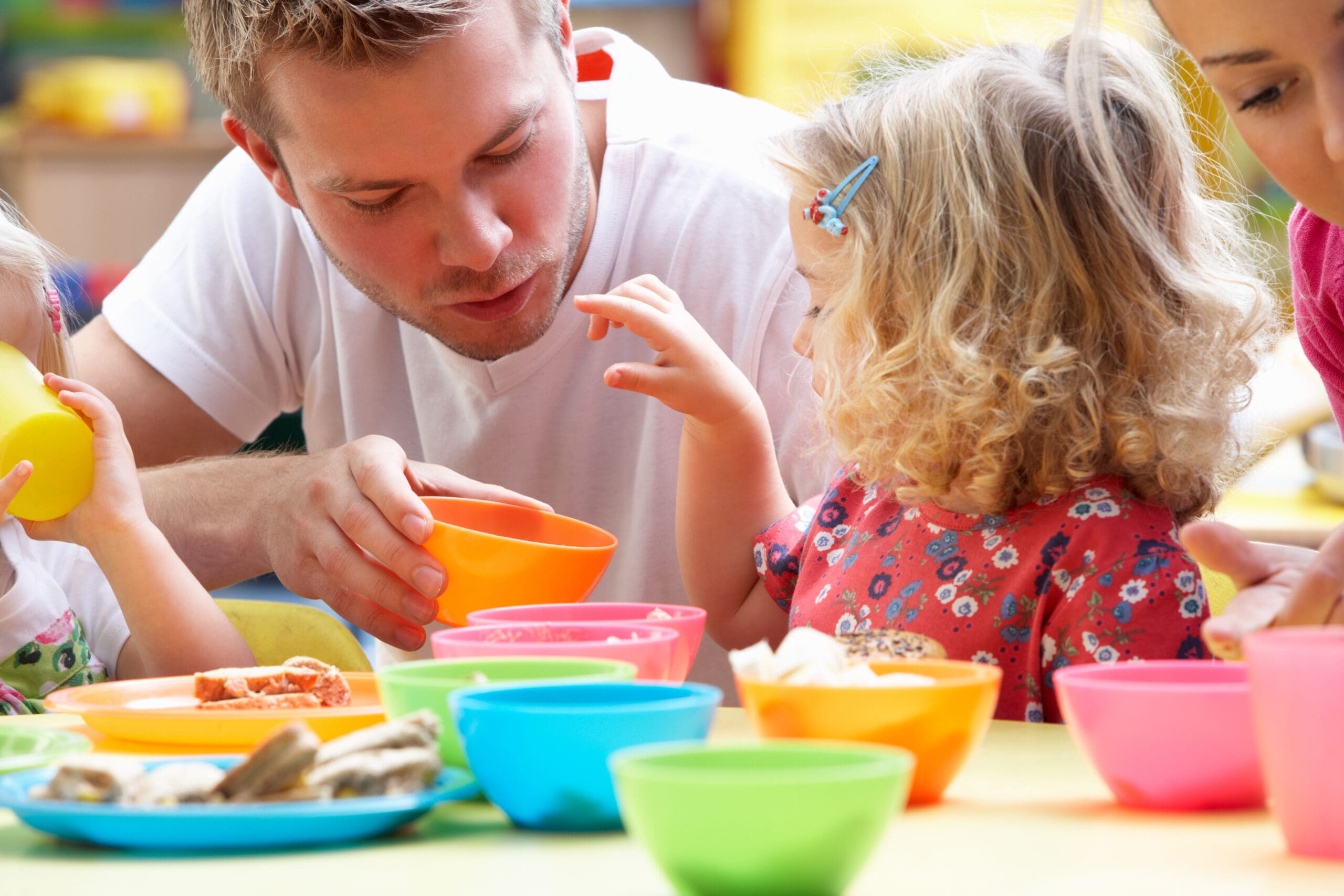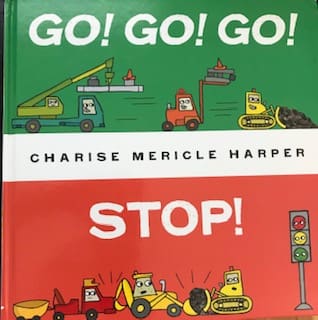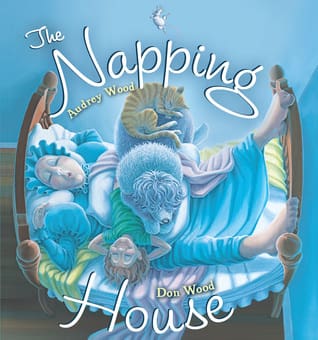Social and Emotional Skills for Preschoolers
Two and three-year-olds are learning to…
- Have a sense of themselves as individuals
- Develop strong relationships with familiar adults other than their primary caregiver(s)
- Name emotions
- Identify emotions in themselves and others
- Use words to express their feelings, needs and desires
- Begin to regulate their emotions, using new coping strategies for when they are upset, with adult support
- Use self help skills: dressing and undressing independently, washing hands, using the toilet, retrieving their own belongings
- Know and state their first and last name, gender, age, the names of parents and other important people in their lives
- Begin to be able to share or take turns with toys
- Gain more independence from parents/caregivers and try out new things on their own
- Have confidence in their abilities
- Form attachments to peers, even if they are not playing together until they are three or older
What 2- and 3-Year-Olds are NOT yet able to do consistently:
- Have enough self-control to stop themselves from doing something, even though you have told them not to, and they can tell you they are not supposed to do it
- Delay gratification
- Share favorite, new, or otherwise special toys with other children
- Express their feelings calmly, without yelling or being physical
- Transition quickly and smoothly from one activity to another
- Explain to you why they have done something or why they feel the way they do
- Greet people politely, say goodbye, or thank people
Remember, children’s brains are still developing, and they have not fully developed the ability to think critically or rationally. When they have a strong emotion, that feeling takes over their brain, and any rational thinking that they can do at other times is gone. The best thing you can do is to validate their feeling and wait until they are calmer, and then try to talk to them about what happened. And just because they were able to do something one day doesn’t mean they will be able to do it every day; they’re still learning.
For more information:
http://www.pbs.org/parents/childdevelopmenttracker/two/socialandemotionalgrowth.html














